|
12/2/2021 Editor's Remarks Øyvind Holmstad CC
There is a basic troubling truth that haunts me, I have both acknowledged and refused to acknowledge it at various points in my life, and it is this: art both saves us and fails to save us, time and again. The basic rhythm we tie into is a mad kind of faith that somehow we’re able to redeem a small bit of what we carry on the back of whatever it is we’re wrestling to the ground in the form of a poem, a prayer, a wounded child’s protest: this shit just ain’t right! I’m an optimist when it comes to what art can do for us, in large part because I was born in hell. I’m talking about perpetual storm country. I am almost certain you too must know that place. Not a damn thing added up in the world we were brought up in. And in the time when it mattered most, we were too small to fend off all that dark for ourselves, worse: the people creating all that dark were “our” people. It got inside of us, that dark, played tricks on our hearts, our heads, our bodies. “Wounds of childhood are wells on fire.” writes Michael Eigen, “We cap them as we can and harden around them. We may try to suffocate the fire and sometimes nearly succeed. The fire may become a shriek.” I don’t know about you, but when I found writing I didn’t find my voice in it so much as I found my scream. There’s a mute muscle of faith that runs deep in us, calls us back to the land of the living kicking and screaming. Eigen calls it “Embryonic trauma growth,” I call it “whatever is near to hand.” Sometimes it’s the things that nearly destroy you, sometimes it’s the things that nearly save you. But the saving part too fails us more often than I’d like to admit. Why did I make it and so many others I knew and loved in storm country didn’t? Why was I spared? It’s a useless question but I keep asking it. I didn’t have a special talent for surviving, I just did somehow. I wonder about the unseen hand of that somehow, but it’s just a question mark in the center of my life. I used to think that it’s because I one day found that I could write creatively about my own pain, but we all know that writing failed to be enough for many writers. I keep coming back to this, and I know it now as the truest thing: it’s people, people saved me. Many forms and types of community. Well, they didn’t save me per se, only we can do that in the end, but they showed me that it was worth trying to hang around long enough to see what else might happen in my life. Of course the poems helped. But art, without other people to share it with, and now I’m talking life, because it’s all art in the end, is meaningless. We come together in different ways to learn the words to the same song: how do I heal? How am I still here? What do I do with it all? What I’m trying to say is it’s a wonderful thing to gather here with other survivors of storm country. It’s in the gathering together of that long dark night that we find our light. No one makes it out of hell alone. You’re not alone. Say it with me: we’re not alone. For but a moment we carry each other in this way, with our capped wells of childhood fires, the hell and dark we’ve seen, and we turn to each other to remind each other that without this, the words don’t mean a thing. It’s other people, this life, this place. May you each find a song or two here that feels as if it was written just for you. Whatever it is you’re going through right now, I hope that you’ll stick around for the next chapter of the story. Take it from a fellow traveler, it gets better. We get better. And not ever alone. No. We get better, together. Healing is many places, many ways, many people. We came such a long way to get here, from the place where “there is nothing but pain,” to the place that talks about that pain and more. That something more, it keeps growing, glowing. It’s the “darklight” we each, somehow, are for each other. Till next time, friends... keep on being that light. James Diaz Founding Editor Anti-Heroin Chic 12/2/2021 Featured Poet: Daniel B. Summerhill kelly bell photography CC sitting in a wicker chair against floral wallpaper in oakland heat there is a portrait of huey newton in my church. it’s communion sunday and mama has on her good shoes with the gold links. the jackson boys are dressed to the nines their pants starch-creased and hovering above their snakeskins like halos hueys in a Black beret— but gone, anyway- what’s blood without a body to show for it? in the states, what is more righteous than a gun and a spear sitting at the left hand of god on a wicker chair in oakland? // wicker chair out front since before cointelpro bludgeoned the panthers. we’ve come because it’s easter and we’re hungry. inside, marvin gaye’s falsetto seeps in like a gentle flood and the kitchen becomes a small soul train line for 12 minutes instead. all these bodies bending like prayer Black means religion is second only to dancing. // the day america stormed america i was Black and in exile for yanking a tulip from the ground i shouldn’t have, but wanted something more beautiful to die before i did- call it civil disobedience what i imagine my mother meant when she said you sound like one of those conspiracy theorists after i tell her nobody should be in be in prison “I am interested in what it feels like to imagine yourself as large and immovable as the sky” -Hanif Abduraquib imagination is a possibility we don’t yet have a language for. when you’ve been taken— you focus on the pieces that havent. what’s in front of you, she says. there’s less room for possible here. what i tell my mother sunday at dinner: the sky we look up to is larger than the world it surrounds & we didn’t have a name for heaven until we decided some people don’t deserve to be there or kyle rittenhouse siting in a bar with neo-nazis makes him the devil or god depending on your definition of salvation or my mother and I watch outside my living room window, I decide only a deity could shake a tree that big, so I ask the wind to show me its palms to check for scaring. I want to see the battle wounds, the bruised joints, buckling skin & deliverance resting on tender ankles. we once watched the earth shift against itself as if the cascades reconsidered their location & i am reminded she has witnessed possible. I am a nod to my mother’s hands. outstretched- over me, like an evocation asking the day to end before I do. enlarge my territory i watch into the cosmos & feel infinitely small, how the homies must feel when they watch the birth of a nation or any other carbon- copy slave movie no matter how triumphant the battle, the victor is always abundantly white i can't help but think about the boys i grew up with who claimed to “run the city,” not in colonial terms, but as anatomy how they’ve learned since birth to measure land, not by geography, but through flesh & the taking of it in this way, perhaps, the obsession has always been the body & the destruction it’s capable of wielding or falling victim to in this way, they too seek something new, if not imaginative— // if not through their hands, then, through their bodies. in this way, we are huge, after all how the few feet separating our nikes does nothing to render the entire sky between us.  Daniel B. Summerhill is Assistant Professor of Poetry/Social Action and Composition Studies at California State University Monterey Bay. He has performed in over thirty states, The UK, and was invited by the US Embassy to guest lecture and perform in South Africa. His work has appeared in or is forthcoming from Columbia Journal, Rust + Moth, Button Poetry, Lily Poetry Review, Flypaper, Cogs, The Hellebore, and others. His debut collection Divine, Divine, Divine is available now from Oakland- based -Nomadic Press. His sophomore collection, Mausoleum of Flowers will be published by CavanKerry Press in April 2022. 12/2/2021 Poetry by Sarah Morris Shux Martin Cathrae CC
Fool’s Gold My father used to work in the mines when I was little Salt mines, mostly. He would bring my brother and I Chunks of soft, pink rocks That I would press my tongue to Like a curious fawn. My father traveled the country, once. He loved the Badlands and Louisiana. “I lived in New Orleans” He told me. His car broke down so he worked as a carnie Until he had made the money to fix it. Like Johnny Cash He’d been everywhere. It was so hard for me to imagine my father, Jumping from state to state Because he lived in the same place For most of his life, now, Along with his entire family. Most of which I barely knew. But I loved to imagine him skating through the country On water that was once frozen for him. Sometimes when I was little, I imagined my father as a grave digger, Salted ground and upper lip, everything still and quiet around him With no one to talk to except for the earth and the hidden things. Some searched for and some never to be looked at again; I have lived with him playing both roles: I, too, have talked only to the hidden things. Once my father brought me a chunk of fool’s gold From the mines—taught me the word “Pyrite.” I asked, “how do you know it’s fake?” I held it up to my eye imagining it to be a periscope into another world. I don’t remember at all what he told me, About how he knew-- But as he sat down beside me he said: “Isn’t it wonderful how it shines almost exactly like the real thing?” Sarah Morris Shux (she/her) is a poet, screenwriter and short story writer currently living in Los Angeles with her very loud Siamese cat, King Tut. She enjoys obsessing over ghost stories, roller skating, stress baking and spending too much money on vinyl records and weird, antique tchotchkes. Find her words published in Sledgehammer Lit, Not Deer Magazine, Superfroot and on Medium. Find her on social media: @awwshux on Instagram and @MsShux on Twitter 12/2/2021 Poetry by Ellen Stone Pawel Maryanov CC
Rain clouds over I 94 For Wesley Blake Wellborn 1993—2021 I don’t know why I thought of you this morning, Blake with storm clouds still settling above the slick highway, the soft white belly of a plane sinking onto the runway over the ridge. But you were there just then in the jet’s descent, your voice, polite, its quiet drawl. I think it was the way the airplane glided in as if it was not a miracle, but something we were meant to do. I thought of how you must have been when you were young, a boy down there in Alabama, probably so full of awe as all kids are of things with wings that fill the sky. I saw your face there, too, the easy placid way it held the room, the air not quite aware of you, or who you could become. You were sweet butter when you talked, how much you likely kept inside, contoured to fit the shapes others build to keep us all contained. Somehow, we lost you to the metaled world, its sharp and hardened edges. I know I did nothing to help you as you lived, Blake. But I feel you settling down into the tawny fields, trees, the river there to hold you finally when we cannot. The plane coming in, rain splintering off its windshield refusing to stick, earth deciding what remains, what floats above us, hovering, maybe forever, even without our say. Depression as guest In a picnic Polaroid down on the farm, all of us wince into the lemon light of May. The yard, new with green, table laid with Tupperware. You can’t see people much, but here the macaroni salad peeks out next to my sister stuffed in near Granny wearing pink in glasses pointy as triangles. We carry out what was inside all winter. Chairs, cabbage from the cold room – sliced thin folded into vinegar, Hellman’s, and fried chicken, rhubarb cake, Wise chips. And, Mom is there, isn’t she? The halo of her hair somewhere. Dad, too, in his tee shirt. It’s Memorial Day. We spent the morning in the garden planting. It’s celebration time after Grant took flowers up to all the graves. And, somehow, this is when she comes to all the holidays, D. who stands off to the side, planted there like some odd tree. No one seems to question it. She is morose, buts she is family, so in she comes. And she sits down. Evermore, we add her in, her troubled stare. And rumpled clothes. She sleeps all day, then joins us. For the special days. So, holidays will never be the same. I understand it now. Along with joy, we have to think of her. Ellen Stone advises a poetry club at Community High School and co-hosts a monthly poetry series, Skazat! in Ann Arbor, Michigan where she taught special education in the public schools and raised three daughters with her husband. Ellen is the author of What Is in the Blood (Mayapple Press, 2020) and The Solid Living World (Michigan Writers’ Cooperative Press, 2013). Her poems have been nominated for the Pushcart Prize and Best of the Net. Ellen can be contacted at www.ellenstone.org. 12/2/2021 Poetry by Heather Truett stanze CC The Girl Grew Deep They drained the pond behind my home. They did not find my body. They found only turtle shells and cracked bird bones. It was a dark dirt catacomb, a suburb's gaping mouth, this once-a-pond behind my home. I never drowned out here alone, was not murdered, dragged, and bound, with turtle shells and broken bones. I spiked my fingers in the loam. Skin and nails drilled further down beneath the pond behind my home. I weave tree roots into a throne. Upon my head I place a crown of turtle shell and hollow bone. My Kingdom is one perfect poem to hold this body I have found in the pond they drained behind my home of empty shells and my own bones. 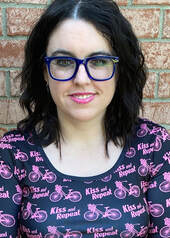 Heather Truett is an MFA candidate and an autistic author. Her debut novel, KISS AND REPEAT, released in 2021. She has published poetry and short fiction with Hawaii Pacific Review, Rust+Moth, and others. Heather also serves on staff for The Pinch. 12/2/2021 Poetry by Elizabeth Joy Levinson Pawel Maryanov CC
Easement There is something trying to live everywhere, quietly in the stubbled thyme vining the cracks in the mortar, green rivers, gristled leaves. Brush your fingers against it, gently, your hand will be inhabited tiny white flies, a cricket nymph spider mites in scarlet constellations across your palm. But this is easy to imagine, there are so many corners, ecotones we’d rather ignore where something is breathing a spark of energy, that might leave you wounded were you to dig around something is always struggling beneath the rubble, that wild square foot between your home and the alley. You say one day, you’ll plant something there, but you don’t you only dream about it, a dream of lost teeth that are not your own. What wolves have you been? What wolf are you? and what wolves have you been? the truck stop t-shirt with the wolves walking through your chest, the one you begged for when you were ten, what do they know of you, having been through your ribs, bones that cage nothing, not your lungs, which have always breathed evenly, but that's not how any of this works. What wolf are you? greying against a grey sky, how long have you waited to eat? have you always waited to eat? when you were hungry and chewing saltines in the back of a minivan parked for some time, what were you even waiting for? water. you waited for water. What wolves have you been? the sharp side gnash and nip at the small and vulnerable. when they fuck up, you will hurt them to save them, but you will also hurt them to save yourself. you didn't mean to, but you probably smacked a wrist. you were ten. what were you waiting for? the wolves were out hunting, but you stayed behind. Elizabeth Joy Levinson teaches and writes on the southwest side of Chicago. She has an MFA in Poetry from Pacific University and an MAT in Biology from Miami University. Her work has appeared in Whale Road Review, FEED, Tiny Spoon, Floresta, SWWIM, Cobra Milk, and others. She is the author of two chapbooks: As Wild Animals (Dancing Girl Press) and Running Aground (Finishing Line Press). Her first full length collection, Uncomfortable Ecologies, will be published in the fall of 2023 (Unsolicited Press). 12/2/2021 Poetry by Danielle Garland Tony Webster CC My worry practices knowing all the ways I will lose you A blade slicing your best tattoo in half / A bullet through your mouth / A belt along your throat / A breath held so long it becomes not-breath / Your blood emptying into trash bin or bathtub or gravel lot / The wrong number of hours alone / A tongueful of sedatives / A five dollar six-pack and a cheek of Grizzly mint pouches / A quick drive off the Blue Ridge Parkway / Don’t we always laugh at the railings there / so low, so impotent / Maybe it will be the flames behind you / Or maybe something you do not choose / On a day you are whole, blood-full, breathing / A foot on too-slick ground / Your leaking heart / A jolt and a twisting of metal / Why are there always more ways to lose you than to keep you here / And what counts as here anyway / Are you still here, bathed in a deep ache / Held by pillows and darkened rooms / My worry, always looking for your absence / My worry, always holding my breath, always nudging me to search for you / Even as we are together, buried in laughter / My worry, always fighting to keep itself alive / Rhododendron Winter When you find your branches indolent and brittle; when you have forgotten colors other than tan, beige, gray, ash; when you find your sense of wilt and decay heightened; know there is always something under the dead, the sleeping, the empty handed. You must only decide to seek it. Scramble to that adequate elevation, where roots cling like regrets to the mountain. Wait for that precise angle of light, when the sun is neither accusing nor neglectful. Wait, breath held, to find illuminated what has been thriving beneath all along. Something forever wax-leaf glittering in the sun. 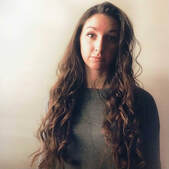 Danielle Garland (she/her) is based in southern Appalachia where she strives to love freely and live slowly (and to strive less). You can find her adventures in poetry and in the woods on IG @_daniellegarland 12/2/2021 Poetry by Erica Anderson-Senter kelly bell photography CC SITTING ON MY GRANDMA’S NORTH PORCH AFTER MY HYSTERECTOMY epistolary to my body You hold my bones and blood river-winds the north and south of us. You hurt right now — we hurt. There is no sadness like a taking, and gentle body, we have endured a wild taking. Songbird, sick on her feeder, is the baby we lost. Bleeding down our leg is the lover who left. Also, the drowned kitten is the baby who died. The dead doe in July heat is us, in the hospital, waking out of humming anesthesia. My dumb-tongue confusion stumbling out of anesthesia, scared. Starved baby is the baby who stopped growing. An empty bed is the lover who split. Inhumane slaughter: all of this taking and all of this leaving and the uterus lame, useless gone. But you, color of dried chamomile, my sweet body, you and I glitter in the sun — tiny hairs holding light, stars in the afternoon, while the clematis sways in tender wind. My grandma opens the door to come sit. Quiet and near me. 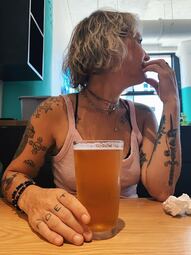 Erica Anderson-Senter lives and writes in Fort Wayne, Indiana. She teaches high school English and creative writing. Her work has appeared in Tinderbox Poetry Journal, the once CrabFat Magazine, Midwestern Gothic, Off the Coast, and Dialogist among others. Her chapbook, seven days now, was published by The Dandelion Review. Her first full length collection, Midwestern Poet’s Incomplete Guide to Symbolism, is available through EastOver Press. Erica hosts free literary events throughout her city to bring poetry to the public. She holds an MFA in Creative Writing through the Writing Seminars at Bennington College in Bennington, Vermont. 12/2/2021 Poetry by Cassandra Whitaker Frerk Meyer CC
This Happened on a Friday A feather of starlight fell through the canopy of the forest road and I picked it up, the feathered light and tucked it behind an ear and bent my body like a cloud taking up autumn’s breath in my thoughts and lifting up and up through old forest towards the eager curtain already drawing the act to a close, and up into their happy I expanded, the feather of starlight fluttering as I grew wise, blown up with glamour as starlight feathered me and feathered me after, following the wind, following hereafter. Cassandra Whitaker is a non-binary/trans writer from the rural south. Their work has been published in The Daily Drunk, and Up the Staircase Quarterly, among other places. 12/2/2021 Poetry by E.A. Moody Michael CC
Things I don’t know the answer to when lying in our attic bed aged 41 I don’t know the type of bird that fills the air up with its bag of feathered song opened wide. I don’t quite know how it suspends itself, plume and wing mid-air, a parcel in stasis for a moment, a gift for us each dawn. And I can’t think exactly where I bought you the dusty snow globe from, that sits on a shelf now, eternal winter in its glass, I only remember the heavy weight of it in my palm, the lightness of its circling snow, blizzards of emotion. I don’t know how many words are held in the books we’ve bought, decades of sentences, their punctuation and spaces, their typography all stacked up here; each comma, each exclamation mark bearing witness to us, the stories we have written and read to each other, prose and verse. Volumes look on as we lay on this bed, our own sentences written, the punctuation of our love. And I don’t know where your freckles go when the moonlight turns your sleeping profile silver-white, the soft blurred edges of your skin, illuminated glow at midnight as I watch on quietly at this blue show, an audience of one. But there is one thing I do know, and know and know and keep on knowing. In this attic oasis of ours, where strange flowers grow and blossom from cacti leaf, where there is always heat and thirst. Many things I do not know but one thing I always will. E. A. Moody is a mother, paddle boarder, runner and fan of vintage T-shirts from South Wales. She is published in Apex, Black Bough, Green Ink and has work forthcoming in Seventh Quarry. Twitter: eamoody1 |
AuthorWrite something about yourself. No need to be fancy, just an overview. Archives
April 2024
Categories |
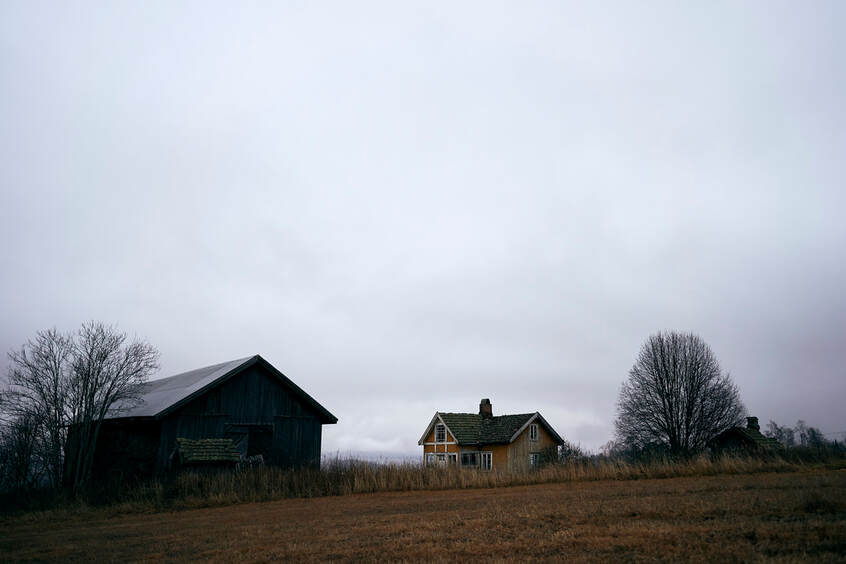
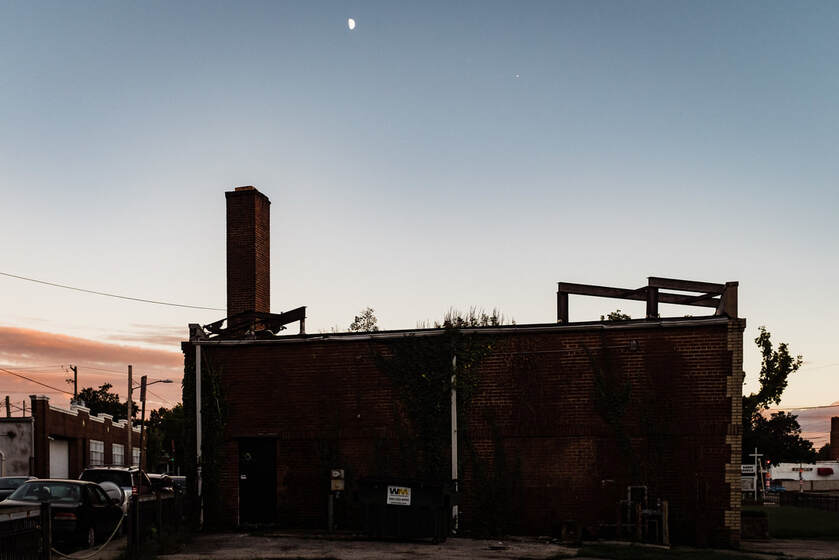
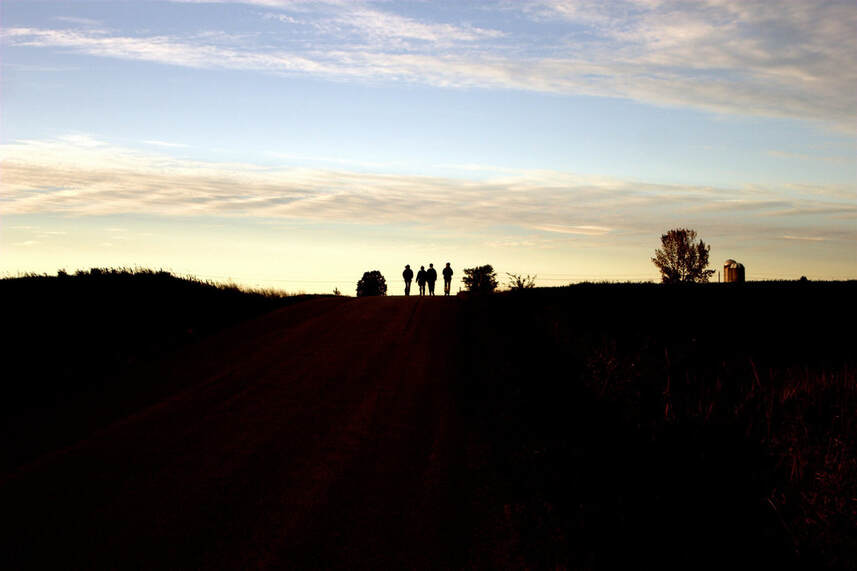
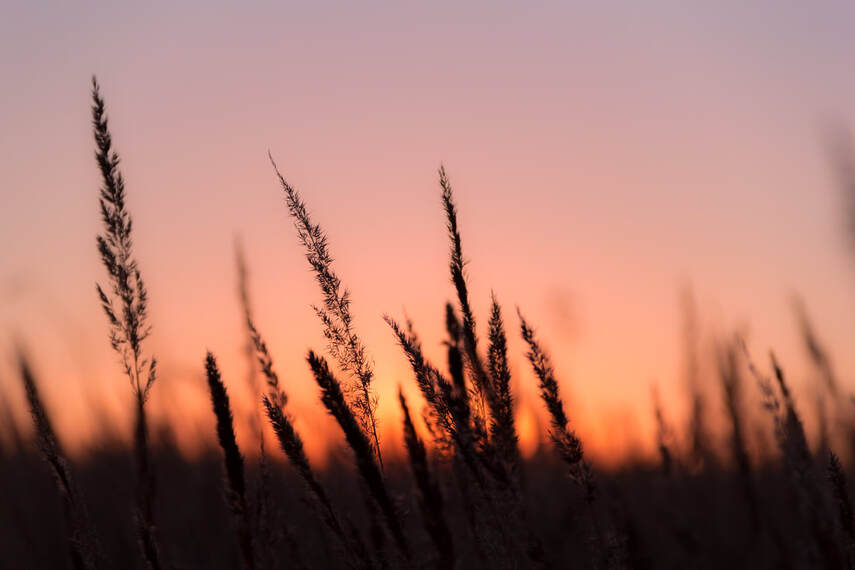
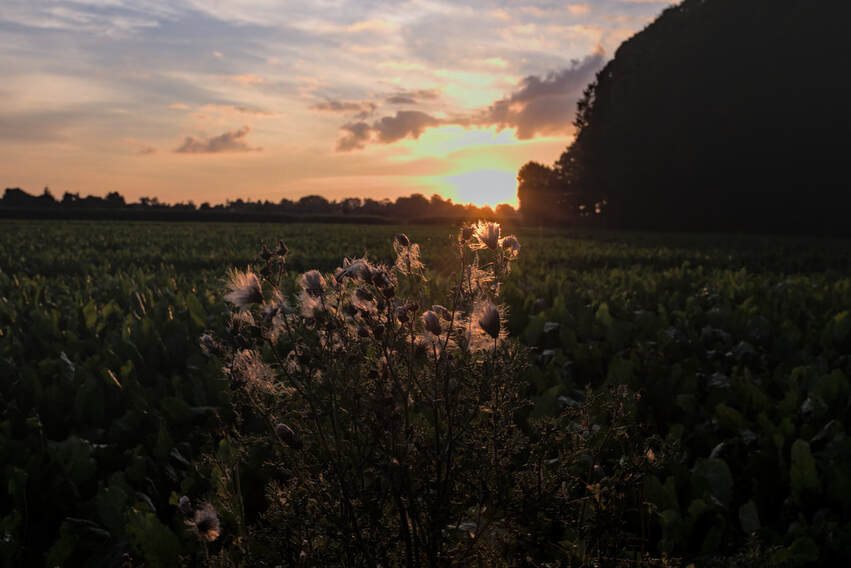
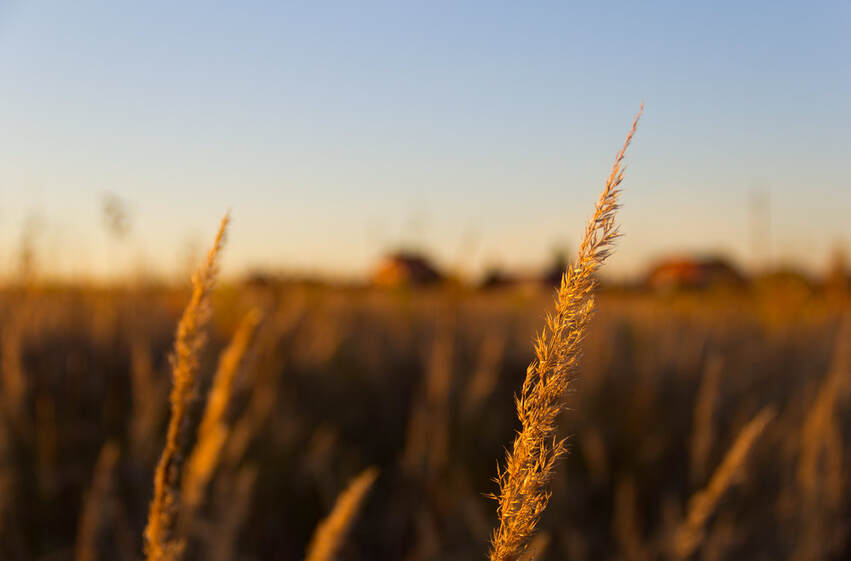
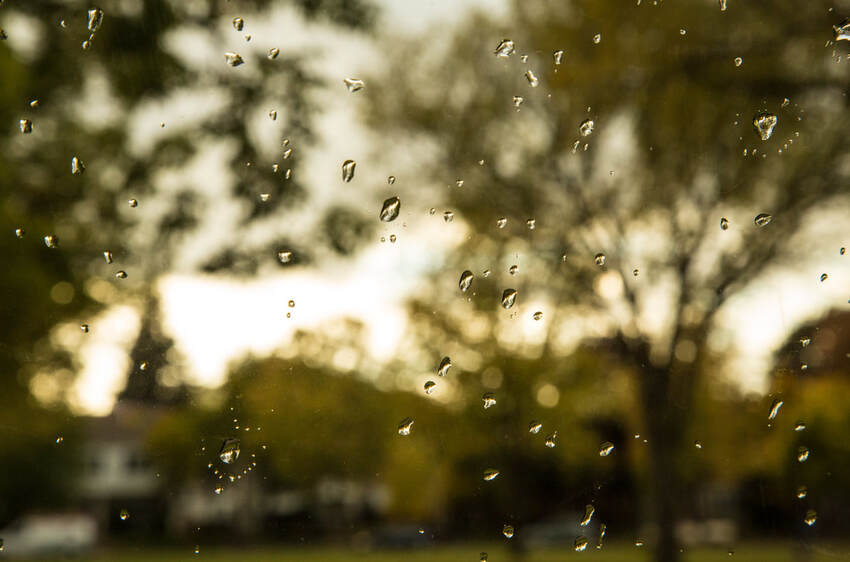
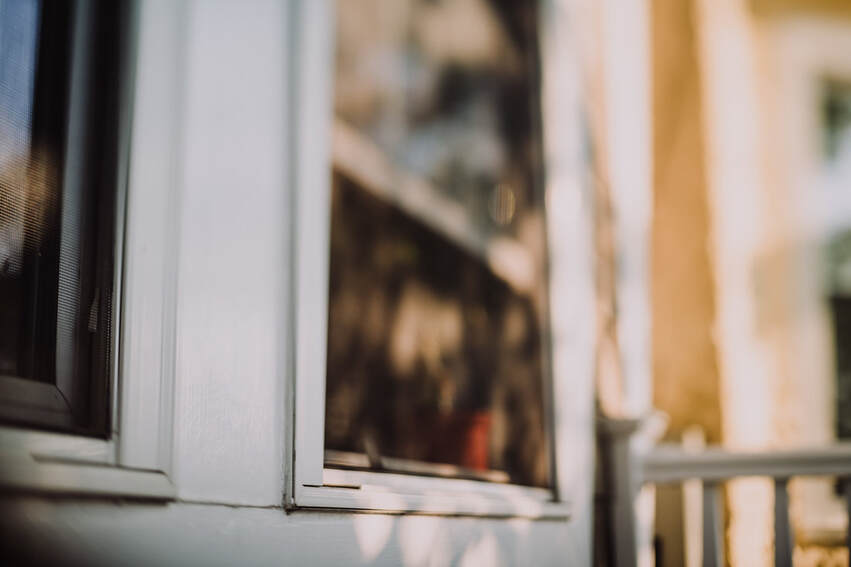
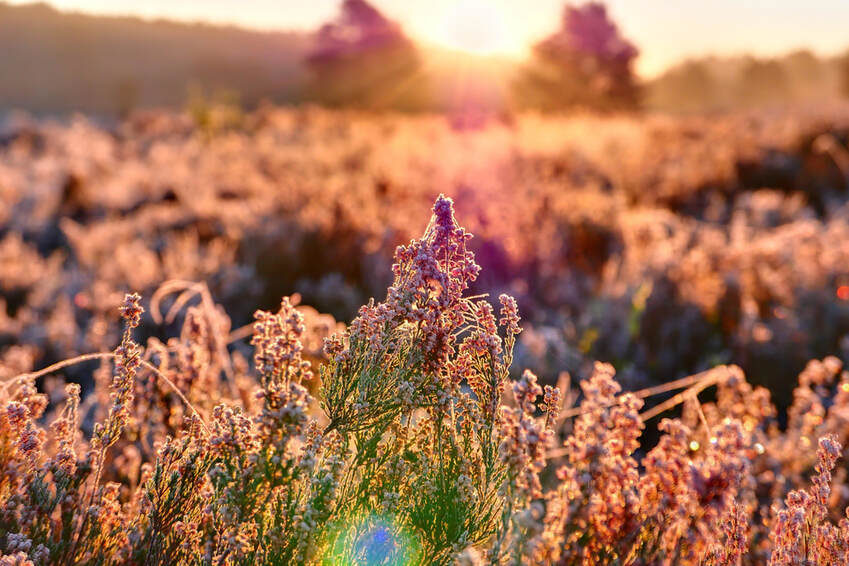
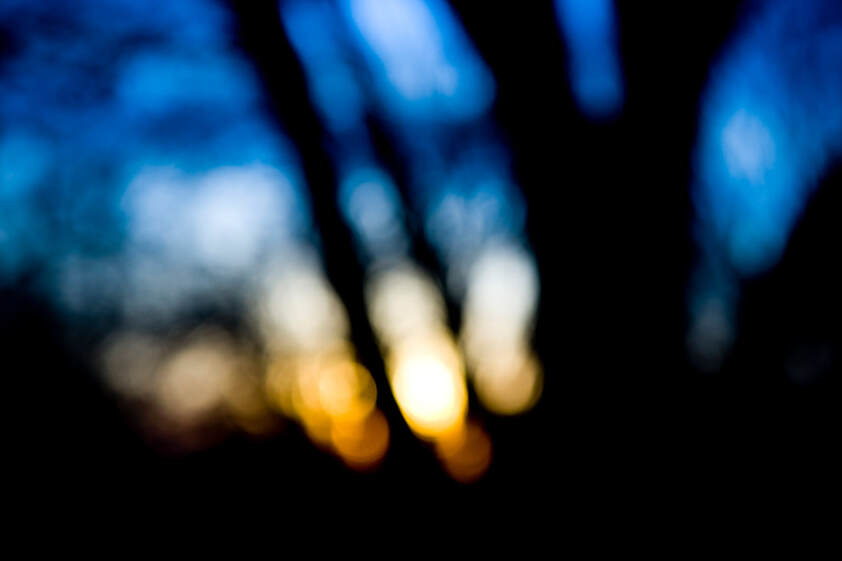
 RSS Feed
RSS Feed
